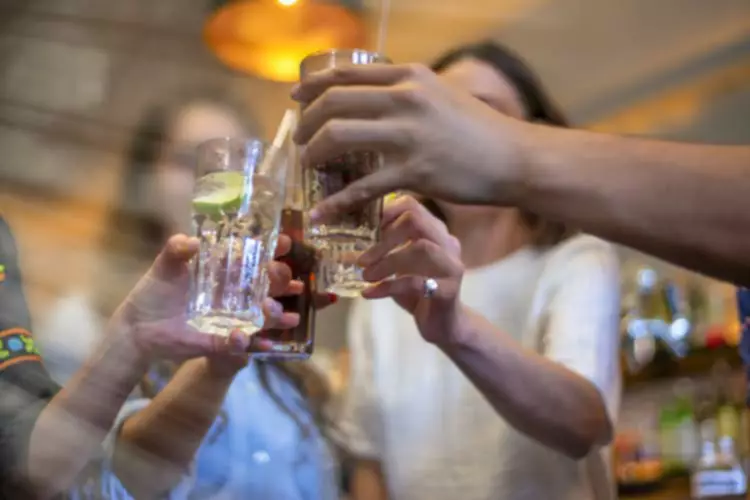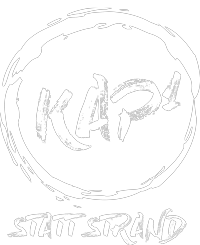Relapse Triggers People, Places & Things Causing Cravings
Content
Stumbling blocks merely indicate that it’s time to reevaluate your treatment plan and develop strategies that are better suited to your recovery needs. BoredomEveryone gets bored occasionally, but the recovering addict needs to be proactive about managing this relapse trigger. Brainstorm lists of movies to watch, music to listen to, books to read, people to call, home improvement projects to tackle, and new hobbies you’d like to try. Keep this list handy so you’re never left wondering how to fill your free time. Whatever your addiction, our certified professionals at Sana Lake can help you achieve your recovery goals and kick drugs and alcohol for good. Seeing someone take a drag of a cigarette or smoke marijuana, as well as looking at people drinking at a bar can immediately bring back memories of drug use.
Aim to learn how to get comfortable with uncomfortable feelings and emotions. Triggers that lead to relapse can be different for everyone, but again, the best defense against the pulls of addiction is knowledge and awareness. Chances are, your new life of sobriety may involve locating a new place to live, finding a different job, and potentially recruiting a new set of friends. If you’d like to learn more about our sober living houses and outpatient support options, please contact the Eudaimonia Recovery Homes admissions team today.
Boredom and Social Isolation
William is also a certified CADC-I drug and alcohol counselor by the state of California. Boredom and social isolation are significant reasons for relapse in early recovery. When you are bored or isolated, you are left with your thoughts and emotions, which you often do not want to hear.
- Relaxation exercises such as mindfulness meditation can also help with peer pressure or urges(1).
- By employing the skills learned in treatment, you can learn to navigate the stresses of regular life without turning to substance use to cope.
- As clients feel more comfortable, they may choose to expand the size of their circle.
- Coping in a healthy manner requires that you have a plan in place to address your needs when you cannot directly respond to the particular trigger.
- You may see something that reminds you of your addiction, but you will be indifferent to it.
Taking accountability for your sobriety after treatment is another key component of preventing relapse. This involves actively participating in your established relapse prevention plan, which includes maintaining supportive relationships that you can turn to if relapse becomes a danger. By employing the skills learned in treatment, you can https://ecosoberhouse.com/article/cocaine-addiction-treatment-and-rehab/ learn to navigate the stresses of regular life without turning to substance use to cope. This is the stage in which the tension begins to mount in your mind between using and not using. Even if you’re not consciously thinking about using, you may be contemplating engaging in riskier behaviors like going to places where people are using.
External Triggers
Recognize that these friendships are harmful to you and be sure to cut the friendship off completely; a half-way ending to a bad friendship will be much less likely to succeed. Beyond cravings, this can also lead to a longing for the environment or lifestyle that you left and does not provide the same recall for the reasons that you initially sought recovery. Even with all this planning and effort, there is always a chance that a relapse can still occur. The HALT acronym helps those in recovery keep an eye on some of the most basic human needs that can lead to or intensify triggers if not fulfilled. Being in any one of the HALT states reduces a person’s ability to cope with stress and increases impulsivity.
What are the 3 types of relapse?
Relapse is a gradual process that begins weeks and sometimes months before an individual picks up a drink or drug. There are three stages to relapse: emotional, mental, and physical. The common denominator of emotional relapse is poor self-care.
These are all avoidable triggers that must be identified and remember to prevent relapse. Simply being around substances can be problematic for many recovering addicts. The smell of alcohol or cigarettes at a bar may trigger a craving for it. Seeing other people around you partake in substance use can types of relapse triggers also commonly trigger relapse, because it motivates you to join in. For these reasons, the best way to avoid this trigger is to limit your exposure to these situations. Relapse is common in recovery, but developing and using a relapse prevention plan can prevent its frequency and mitigate its effects.
Individualized, evidence based treatment, to fit your needs.
Not everyone will relapse, but for some, it can be a part of the recovery process. To fully recover from addiction, you must modify the harmful behavioral and thought patterns in your life. If you relapse, it’s a red flag that you need to get with your doctor or treatment provider to resume treatment or modify your existing treatment plan.

Meditation is a practice of focusing on quieting the mind to cultivate clarity, serenity, and insight. A professional assessment may include psychological testing, an interview, a medical evaluation, and a personal history and family dynamics discussion. Psychological addiction triggers can be avoided by taking proactive steps to address the underlying issues causing them. This includes identifying and addressing unresolved trauma or stress and changing negative thoughts and beliefs about oneself. Individuals in recovery need to be aware of their psychological triggers to manage them appropriately and reduce the risk of relapse due to these mental health issues.
Emotional Triggers That Can Lead to Addiction Relapse
Addiction relapse triggers in drug and alcohol abuse recovery are quickly becoming a major concern for inpatient and outpatient treatment addicts. Substance abuse triggers are internal and external cues that cause a person in recovery to crave drugs and often relapse or lapse. A successful treatment and rehabilitation program will make sure that you learn strategies and techniques to help avoid the triggers that can cause relapse. They will also teach you to recognize the stages of relapse and specific coping skills that will help successfully manage these stages.

Sometimes it is something as simple as spending time with people with whom you used to use drugs. Major times of stress that are out of your control like job loss or natural disaster can also be triggers for substance abuse relapse. While it’s impossible to control every circumstance that can lead to relapse, there are some ways to mitigate the effect of these common relapse triggers. It’s impossible—and unhealthy—to avoid feeling all negative emotions, so avoiding these relapse triggers after your stay in rehab isn’t a viable option.

Leave a Reply
Want to join the discussion?Feel free to contribute!